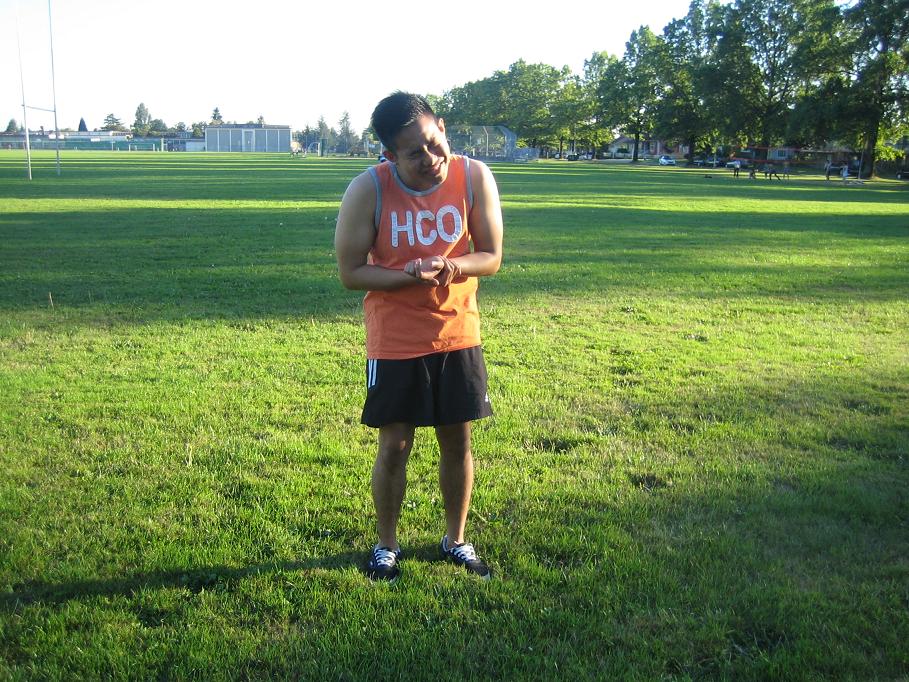If you are wondering if knuckle joint cracking can lead to the development of arthritis, you are not alone. You might have heard some parents instruct their child to stop the action as a way to protect their hands. Does it actually cause arthritis later on? It is good to note that knuckle cracking will not lead to arthritis.
By understanding what physically takes place during cracking of the knuckle joint can help you realize that the common theory that the activity triggers arthritis is simply a myth. It is good for those who love to crack his/her knuckles, but can be annoying for those who cannot stand when someone does the action.
Close look on the knuckle joint
The knuckle joint is formed where the ends of 2 bones meet. The ends of the 2 bones are wrapped by articular cartilage. This cartilage is surrounded by the joint capsule. Within the joint capsule, it is where the synovial fluid is found which functions as a lubricant for the joint as well as a source of nutrients for the cells maintaining the joint cartilage.

The synovial fluid is comprised of dissolved gases – nitrogen, oxygen and carbon dioxide. When the knuckle joint is cracked or when pressure is placed on the joint, the pressure within the joint capsule expands but this is limited on the amount of synovial fluid present in the joint.
Remember that the synovial fluid could not expand unless the pressure within the joint capsule subsides and the dissolved gases can seep out of the fluid. The cracking noise originates from the gases rapidly released from the fluid.
Studies on knuckle joint cracking
There were a number of studies conducted to determine whether or not cracking of the knuckle joint can result to arthritis. In one study, there was no reported increase of hand arthritis among those who crack the joint, nevertheless the cracking was linked to diminished grip strength and hand swelling.
In another study, it indicated that while cracking the knuckle joint is not linked with arthritis, it was connected to damage to the ligaments surrounding the joint and dislocation of the tendons. Even though cracking the knuckle joint is not linked to cause arthritis, there might be a link to soft tissue injuries.
Unexpected cracking sounds
Individuals who have arthritis of the hand or other conditions such as tendinitis and bursitis might feel the snapping of the tendons and hear an audible cracking sound since the tendons could not easily glide over the inflamed tissues. Take note that these sounds and sensations might be the reason why some believe the painless cracking of the knuckle joint can lead to arthritis. In most circumstances, they are not linked in any way.

